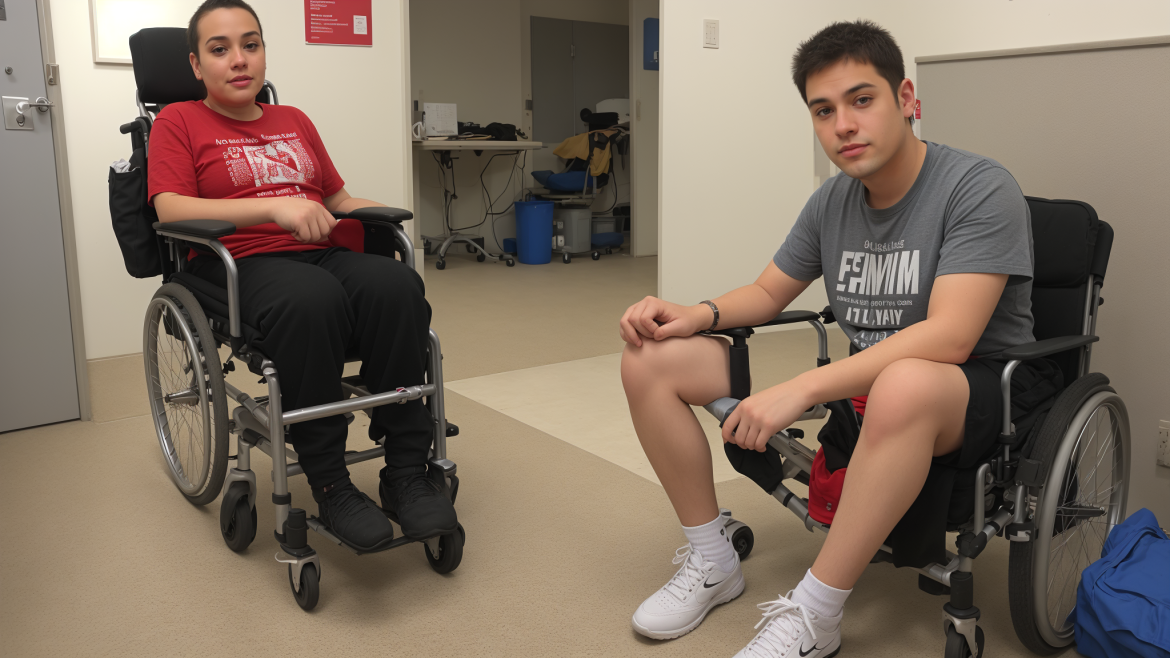Last Tuesday, the Congress of Deputies approved the reform of article 49 of the Constitution, which establishes that, from now on, the way to refer to the group of people with disabilities, functional diversity or other similar names , it will go from people with disabilities to people with functional diversity. The term actually seems a bit more respectful. And forty-five years after the Constitution was approved, we can do nothing but celebrate this change in label nomenclature.
What does this change mean for the group in question?
But if we go a little beyond the surface, what does this change really mean for the group in question? Were any additional measures taken? I would like to think that the deputies know the reality of the social sector they are talking about: 70% unemployment, higher than 80% in cases of mental illness, and rising to 95% for people with Down Syndrome Down.
The double discrimination of women with functional diversity
Women with functional diversity have a double vital handicap: greater chances of suffering workplace, sexual harassment and abuse by their partner. As an example, in 2018, 20% of women killed by gender violence had some type of accredited functional diversity. And it is that, according to a study by the European Parliament, women with functional diversity have a four times greater risk of receiving gender-based violence than the rest of the female population.
The importance of language and reality
I will not be the one to deny the importance of language, or the use of appropriate and precise words to describe and define as carefully as possible. Nor its possible potential to initiate transformations of realities. Now, when we are faced with such a scandalously unacceptable situation, surrounded by hypocrisy, marketing and lies, to see that the said name change is treated as something relevant and with real impact, is between comical, sad and misleading for the whole society, but especially for the affected group.
A shameful example: former deputy Echenique
As a shameful anecdote, remember that ex-deputy Pablo Echenique, who was elected to the chamber last term, did not have his seat adapted at any time, so that he could occupy it with dignity in his wheelchair. In other words, Congress did not set an example, when it had the opportunity regarding inclusion, normality, or accessibility as it allegedly intended last Tuesday. And that’s two days ago. So what exactly was voted on in Congress?

